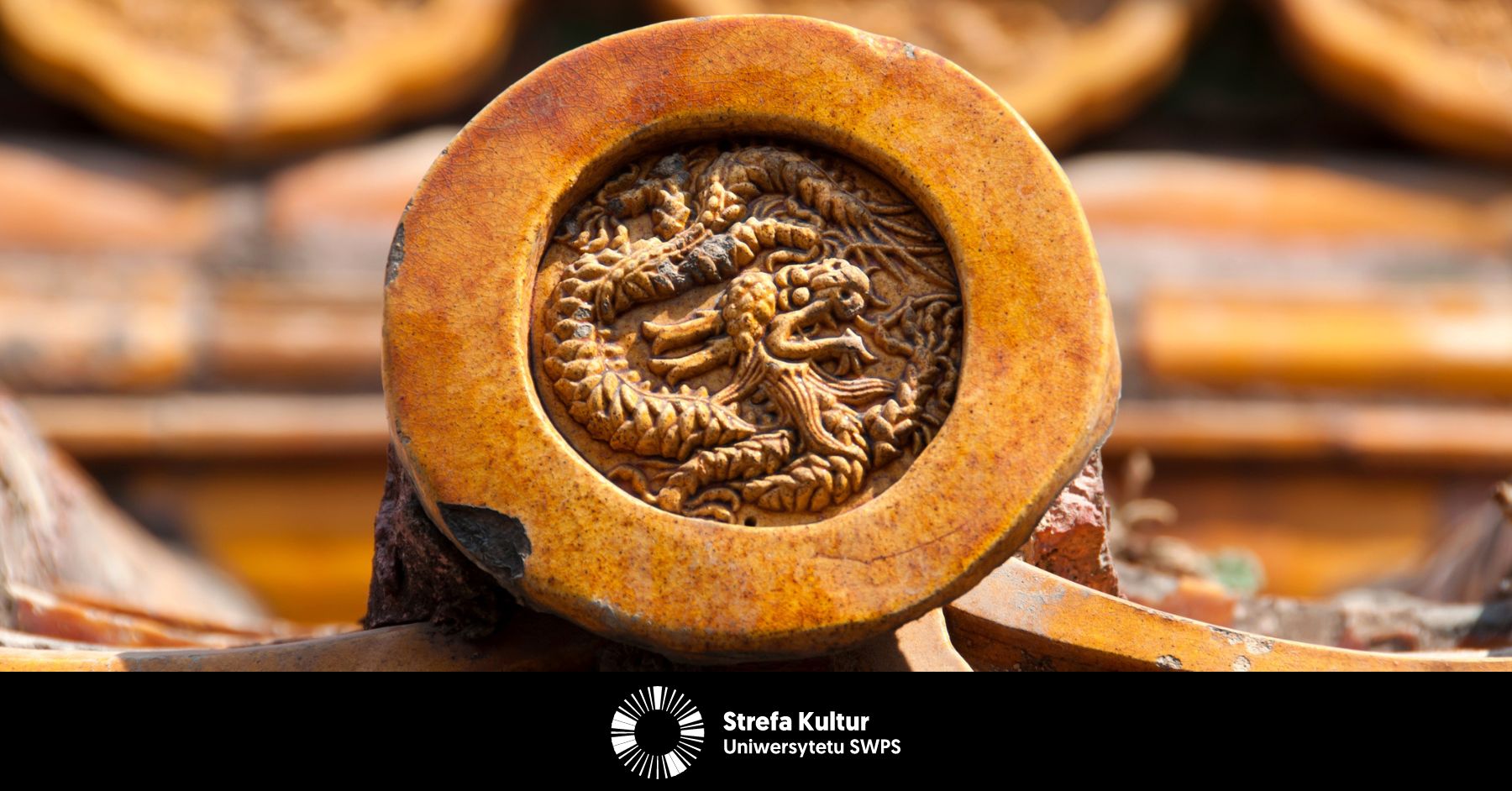Blog Strefy Kultur
China-Japan relations - dr. Stephen Nagy, prof. Marcin Jacoby
Chiny i Japonia od lat rywalizują o pozycję na mapie Azji. Relacje pomiędzy tymi mocarstwami układały się w różny sposób - od wzajemnej niechęci po strategiczne ocieplanie stosunków. Ale mimo politycznych sporów drugą i trzecią potęgę ekonomiczną świata, łączą bardzo silne zależności gospodarcze. Obydwa azjatyckie państwa mają za sobą trudną historię polityczną. Chodzi zwłaszcza o krwawą agresję japońską na Chiny podczas II wojny światowej. Czy mimo wielu różnic i przeciwieństw Chiny i Japonia mają szansę na przyjazne relacje? Jak Chiny wyobrażają sobie współistnienie dla regionu? Dlaczego tak ważne dla Japonii są kwestie związane z bezpieczeństwem? Jak w przyszłości może wyglądać współpraca tych państw? Na te pytania odpowiada prof. Stephen Nagy w rozmowie z dr. hab. Marcinem Jacobym.
Tłumaczenie napisów zrealizowała Aleksandra Lisicka.
Kliknij tutaj, by posłuchać podcastu na Spotify, lub wybierz swój ulubiony serwis streamingowy: Apple Podcasts, Lecton.
China and Japan have been competing for a position on the map of Asia for years. Relations between these powers developed in various ways - from mutual dislike to strategic warming of relations. But despite the political disputes, the world's second and third economic power are united by very strong economic dependencies. Both Asian countries shared a difficult political history. It is main point of contention is the brutal Japanese aggression against China during World War II. Despite many differences, can China and Japan maintain friendly ties? How does China imagine coexistence for the region? Why are security issues so important to Japan? How can these countries cooperate in the future? These questions are answered by prof. Stephen Nagy in an interview with prof. Marcin Jacoby.
Culture Zone of SWPS University
The Culture Zone of SWPS University is a project in which, together with the invited guests, we discuss various elements of the culture that surrounds us, as well as introduce the realities, phenomena and customs present in other countries.

Stephen Nagy, Associate Professor
gość
Teaches at the International Christian University in Tokyo. He is also a fellow at the Canadian Global Affairs Institute (CGAI) and a visiting fellow with the Japan Institute for International Affairs (JIIA). He is currently the Director of Policy Studies for the Yokosuka Council of Asia-Pacific Studies (YCAPS) and a Governor for the Canadian Chamber of Commerce in Japan (CCCJ). He was a Distinguished Fellow with the Asia Pacific Foundation from 2017-2020. His recent funded research projects are “Sino-Japanese Relations in the Wake of the 2012 Territorial Disputes: Investigating changes in Japanese Business’ trade and investment strategy in China”, and “Perceptions and drivers of Chinese view on Japanese and US Foreign Policy in the Region”. He is currently working on middle power approaches to great power competition in the Indo-Pacific. His recent publications include Quad-Plus? Carving out Canada’s Middle Power Role (2020), Indo-Pacific Resilience, Prosperity and Stability: Canada’s Capabilities-led Approach to Strategic Free and Open Indo-Pacific Engagement (2021), Sino-Japanese Reactive Diplomacy as seen through the Interplay of the Belt and Road Initiative and the Free and Open Indo-Pacific Vision (2021).

prof. Marcin Jacoby
prowadzący
Sinolog, tłumacz, ekspert zajmujący się zagadnieniami polityczno-społecznymi regionu Azji Wschodniej, szczególnie Chin i Republiki Korei. Dziekan Wydziału Nauk Humanistycznych na Uniwersytecie SWPS oraz kierownik Katedry Studiów Azjatyckich gdzie prowadzi zajęcia z zakresu wiedzy o Chinach i Azji Wschodniej: literatury, sztuki i dyplomacji kulturalnej.
















